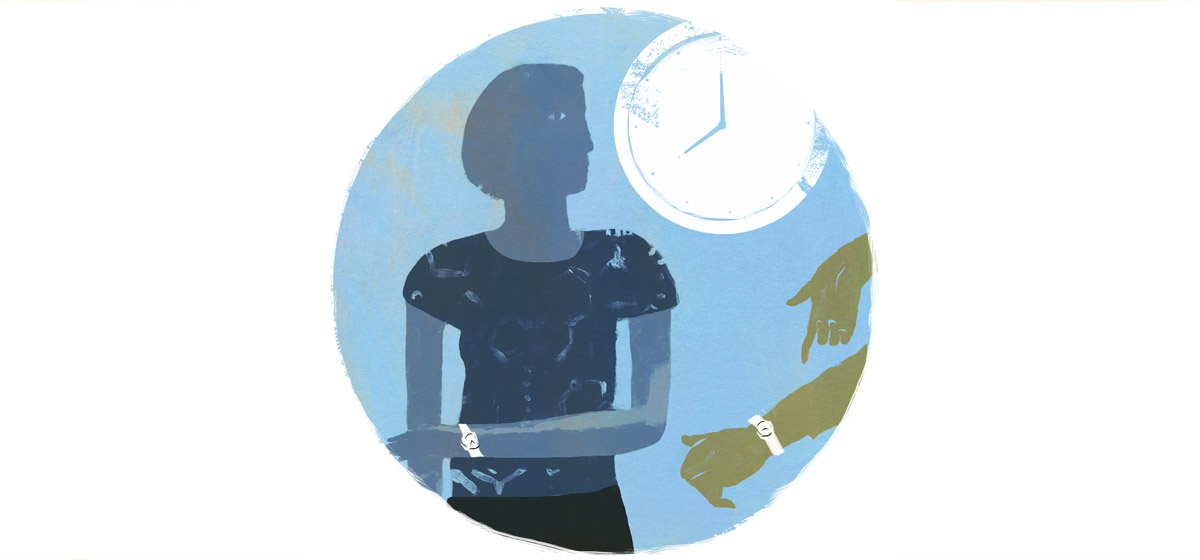
I can see the eye roll coming. How did I become the old shrew? Was it the cumulative effect of all those times I naively worried that an absent employee had been in a car wreck only to have them show up 30 minutes late with a mochachino in hand complaining about the line at Starbucks? Or perhaps it was the repeated requests for time off after every friend’s birthday. It was a given that no one should plan to come to work the morning after a good party.
I can still hear my mother chastising me as I arrived home at 10:01 p.m., late by a minute. If I’d just left five minutes earlier, she said, I wouldn’t be getting grounded. From then on I took the bus before the bus I needed to be home on time. And for my generation it was a badge of honor to go to a great party and show up for work the next day with no one the wiser. We did that before Red Bull was invented!
Seemingly there has been a cultural and technological shift that has left me on the other side of the chasm. Younger employees want a more laid-back work environment where all ideas and approaches are equally valid and negative feedback is not given. This might be fine if my customers were of the same mindset, but they’re not.
Meanwhile, this new laid-back attitude not only applies to feedback, but to time. Time is only a rough guideline in a world where agreeing to meet friends on Friday night means you may or may not actually do so depending on what you feel like in the moment. If the bus is late, it doesn’t mean that you should have taken an earlier bus. It means the bus app stinks or the traffic was bad. Either way, the employee will announce “it’s not my fault” without pausing to consider that, even if the late bus was not their fault, perhaps if it happens with regularity they should adjust. In contrast, if a customer comes to pick up his or her order at Prantl’s and it’s not ready, believe me, the customer is not at all laid back about it. And I have to say I side with the customer.
There is a part of me that’s interested in this phenomenon as a student of people. But there’s also a part that must learn to adapt my business model. We have had to rethink our scheduling so that, instead of having one shift end when the next begins because employees could be counted on to arrive 10 minutes prior to their start time, we now overlap shifts by 15 minutes “just in case.” We have added “floaters” and “extras” to the schedule to deal with the increased level of call offs and requests for time off. We invest more in cross training so that when someone is absent, there is a higher likelihood we can seamlessly cover. And we invest more in management to step in and fill a role for the same reason.
None of these are terrible things, but they do cost money. If I need more staff, more training and more management, all of those items add to my labor budget. That would be fine if folks were willing to work for less money in exchange for more flexibility, but of course wage pressure is increasing, not decreasing.
The irony is that I can recall thinking that my bosses were too uptight when I first joined the work world. They thought our generation didn’t want to work as hard, wouldn’t follow the established rules of etiquette and had a need for constant feedback. I’m sure some of the management team thought all was lost when “business casual” was invented. Somehow we managed to navigate our way to a place where we all knew when to dress up and when to dress down. With any luck, my generation and the next will feel our way to a similar understanding. It’s just that this time around, I’m the one who feels old.





